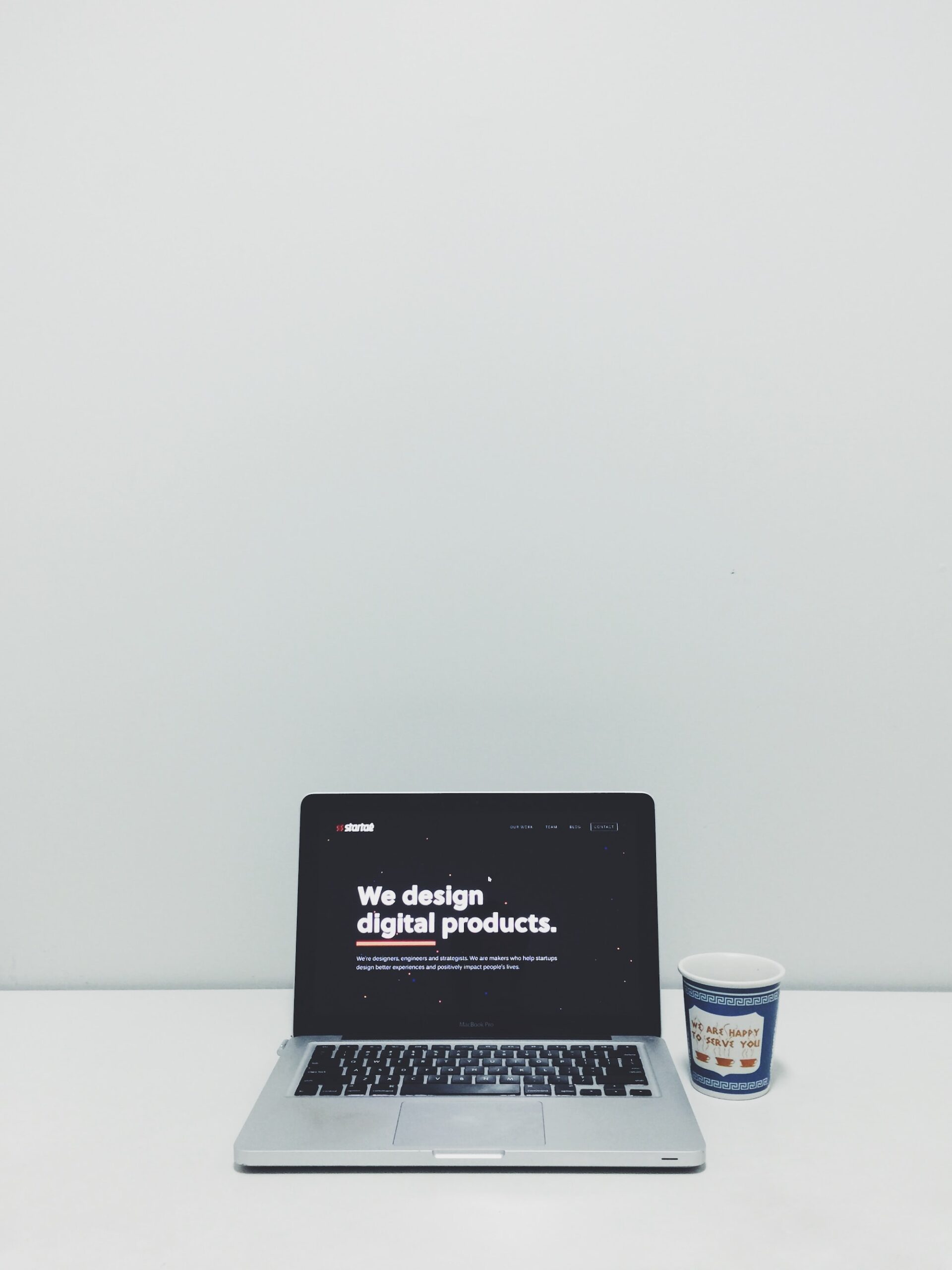When you sit down to update your resume, it can be hard to know exactly how to list your education. I’ve been there too, trying to balance professionalism with a bit of personality.
In this post, I’ll share practical advice and tips on how to write your educational qualification in a resume. This guide is meant to help you present your education in a clear and appealing way.
I’ll break down what details to include, how to structure the section, and offer some real-life examples. I hope this makes the process a bit easier and more manageable.
Understanding the Role of Education on Your Resume
Your education is one of the key components of your resume, and it can set the tone for how potential employers view you. It not only shows your background but also highlights your dedication and the skills you have learned.
When written well, the education section can quickly catch a recruiter’s eye, even if you don’t have a long career history. Think of it as your academic story, telling recruiters about your achievements, areas of expertise, and commitment to learning.
What to Include in Your Educational Qualification Section
Before you start writing, it’s important to know what details are necessary. Here are some core elements you might consider:
Just Before You Go
Empower individuals to overcome barriers, gain essential skills, and secure gainful employment through our proven programs—KeelMaster, KeelWings, and KeelMate. Your support can spark change and build brighter futures.
Donate Now- Institution Name and Location: List the full name of the school or university and the city where it is located. This detail is helpful if the institution is well-known or if you studied in a region relevant to the job.
- Degree or Certification: Clearly state the degree or certification you earned. For example, Bachelor of Arts in English or a Certification in Digital Marketing. If you are still studying, you might mention “Pursuing” or “Expected Graduation [Month, Year].”
- Field of Study: Indicate your major or area of specialization. This shows recruiters exactly what your academic focus was.
- Graduation Date: Include the month and year you graduated or expect to graduate. If your graduation date is in the future, it’s important to note that too.
- Academic Achievements (if applicable): If you have honors, awards, or a strong GPA, consider including these details. Just be careful not to overwhelm this section with too much detail—recruiters will usually skim through quickly.
- Relevant Courses or Projects: Sometimes listing a few key courses or projects can help if they are directly related to the job you’re applying for.
Tips for Structuring the Education Section
Here are some simple tips that can help you make your education section clear and engaging:
- Keep It Simple: Use a clean, easy-to-read format. A simple bullet point or a short paragraph style is best.
- Order Matters: Place your most recent or relevant education first. This reverse chronological order helps recruiters quickly see your latest qualifications.
- Be Honest: Always list accurate information. If you’re still in school, mention your status clearly so there’s no confusion.
- Tailor Your Content: If the job requires specific qualifications, adjust your education section to highlight those points. For example, if you’re applying for a role in IT, make sure to emphasize any tech-related courses or certifications.
Examples of How to List Educational Qualifications
Here are a couple of examples to illustrate how you might structure your education section:
Example 1: Recent College Graduate
Example 2: Professional with Certification
These examples show a clear structure and provide all the necessary details without overwhelming the reader.
Making the Most of Your Educational Background
Sometimes, your education might be the strongest part of your resume—especially if you’re just starting out. Here are some ideas on how to shine a light on your academic achievements:
- Highlight Relevant Projects: If you worked on a project during your course that relates to the job, mention it briefly. This can show practical application of your skills.
- Include Extra-Curricular Activities: If you participated in clubs, student organizations, or internships that relate to your field, it’s worth mentioning these experiences. They demonstrate leadership, teamwork, and real-world application of your studies.
- Use Keywords: Many companies use applicant tracking systems (ATS) to screen resumes. Look at the job description and try to include some of the same keywords, especially in your education section.
FAQs
Do I need to include my GPA on my resume?
Not necessarily. If your GPA is above 3.5, it might help to include it, especially if you’re a recent graduate. Otherwise, if you’re further along in your career or your GPA isn’t as strong, you might leave it out.
How do I handle incomplete education?
If you haven’t finished your degree yet, say so by mentioning “In Progress” or “Expected Graduation [Month, Year].” This shows that you’re actively working towards your degree without causing confusion.
Should I include high school details?
Generally, you should only include high school information if you are a recent graduate and lack other higher education experiences. Once you have college or professional qualifications, high school details are usually omitted.
What if I took online courses or bootcamps?
Yes, these can be valuable, especially if they are relevant to the job. Treat them similarly to formal education—list the course title, the provider, and the completion date. For instance, you might write, “Full Stack Web Development Bootcamp – [Provider Name] – Completed: Month Year.”
Further Resources and Links
For more insights on crafting a strong resume, you might find these resources helpful:
- Indeed Career Guide: Offers a wide range of tips on resume writing and career development.
- The Balance Careers: Provides detailed advice on resume format, content, and structure.
- LinkedIn Learning: Offers online courses on resume writing and career advancement.
- Purdue Online Writing Lab (OWL): Great for writing tips, including how to list qualifications and credentials.
These sites have practical advice and examples that can further help you craft your resume to perfection.
Bringing It All Together
The education section of your resume isn’t just a list of schools and dates—it’s a chance to tell your academic story. By focusing on clarity, relevance, and honesty, you can present your qualifications in a way that speaks directly to your strengths. Remember to keep the format clean, use keywords that match the job description, and update your resume regularly as you gain more experience.
I’ve learned that taking the time to refine this section can really set the tone for your resume and even boost your confidence during job applications. It’s about showing potential employers not just what you’ve done, but who you are and how your academic background has prepared you for the challenges ahead.
So, have you ever wondered what the best way to present your academic achievements is? How do you feel about the tips I’ve shared on writing your educational qualification in a resume?
Just Before You Go
Empower individuals to overcome barriers, gain essential skills, and secure gainful employment through our proven programs—KeelMaster, KeelWings, and KeelMate. Your support can spark change and build brighter futures.
Donate Now



